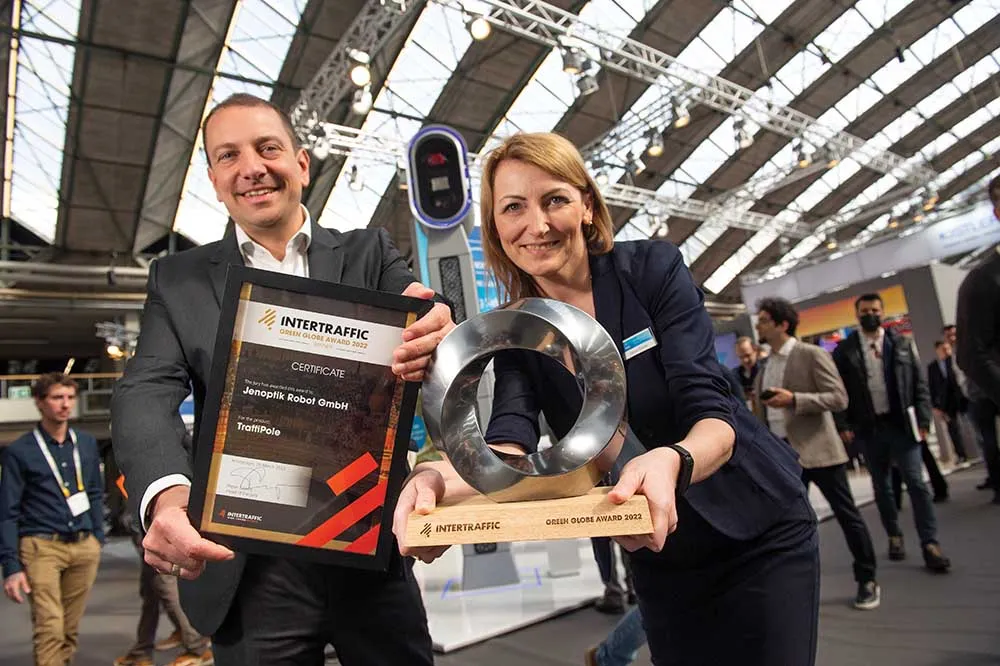German ticketing systems supplier Init is to modernise the ticketing system used by Bremer Straßenbahn (BSAG) in Bremen, Germany. By the end of 2017, more than 330 vehicles, three customer centres, 150 sales points and the larger bus and tram stops will be equipped with electronic printers, a boarding control system and mobile and static ticket machines, while a new point-of-sale system will be implemented in the customer centres. For the more than 105 million passengers that BSAG keeps moving every year, t
March 3, 2015
Read time: 2 mins

German ticketing systems supplier 511 Init is to modernise the ticketing system used by Bremer Straßenbahn (BSAG) in Bremen, Germany.
By the end of 2017, more than 330 vehicles, three customer centres, 150 sales points and the larger bus and tram stops will be equipped with electronic printers, a boarding control system and mobile and static ticket machines, while a new point-of-sale system will be implemented in the customer centres.
For the more than 105 million passengers that BSAG keeps moving every year, these solutions will make paying for tickets even easier and more convenient, while enabling the affiliated transport companies to enhance the efficiency of their back-office systems.
The new ticketing system will be managed at a central location by the MOBILEvario background system. Its wide range of functions and outstanding operability makes it one of the most sought-after systems on the market. This software solution organises the various fares, serves contract customers, manages the accounts belonging to the various sales offices and handles the clearing of payments.
“Bremen and BSAG are again at the forefront of technological development in Germany with respect to passenger-friendly ticketing. For us, the fact that we have been awarded yet another contract by a long-standing customer such as BSAG confirms both our excellent customer relationship and our competitiveness. Smart ticketing solutions such as those being implemented here also harbour a great deal of potential in the international arena,” explains Init CSO Dr Jürgen Greschner.
By the end of 2017, more than 330 vehicles, three customer centres, 150 sales points and the larger bus and tram stops will be equipped with electronic printers, a boarding control system and mobile and static ticket machines, while a new point-of-sale system will be implemented in the customer centres.
For the more than 105 million passengers that BSAG keeps moving every year, these solutions will make paying for tickets even easier and more convenient, while enabling the affiliated transport companies to enhance the efficiency of their back-office systems.
The new ticketing system will be managed at a central location by the MOBILEvario background system. Its wide range of functions and outstanding operability makes it one of the most sought-after systems on the market. This software solution organises the various fares, serves contract customers, manages the accounts belonging to the various sales offices and handles the clearing of payments.
“Bremen and BSAG are again at the forefront of technological development in Germany with respect to passenger-friendly ticketing. For us, the fact that we have been awarded yet another contract by a long-standing customer such as BSAG confirms both our excellent customer relationship and our competitiveness. Smart ticketing solutions such as those being implemented here also harbour a great deal of potential in the international arena,” explains Init CSO Dr Jürgen Greschner.










